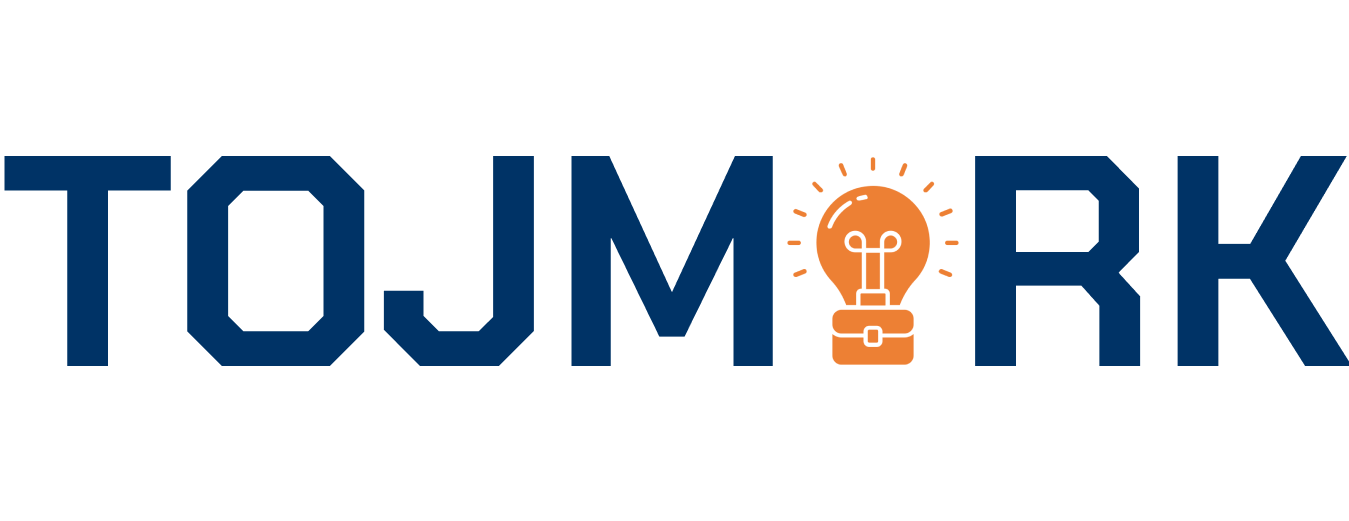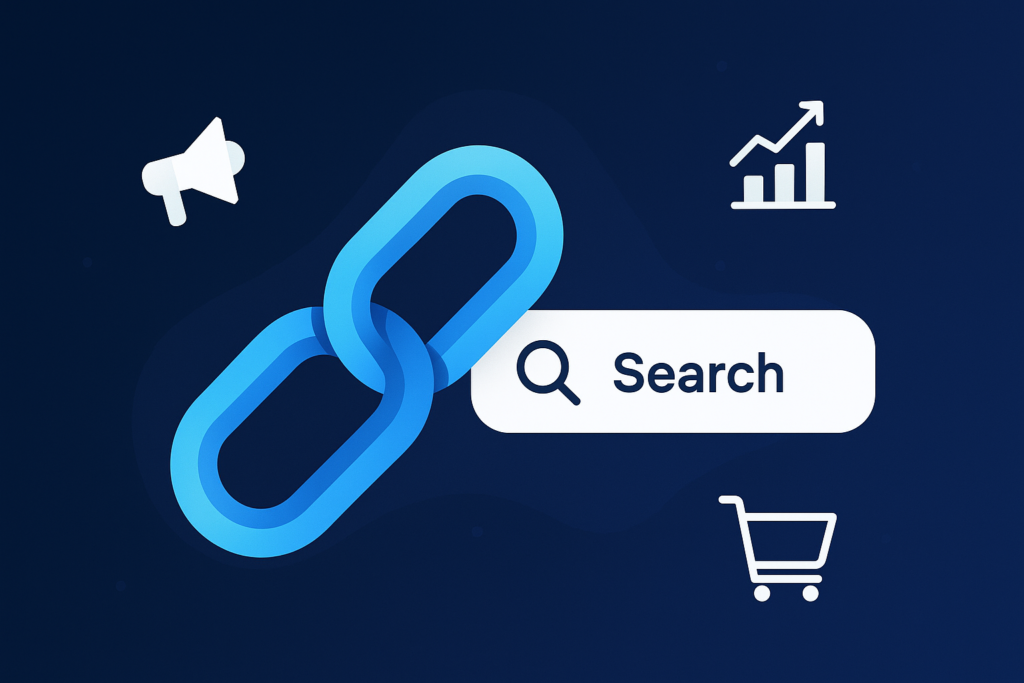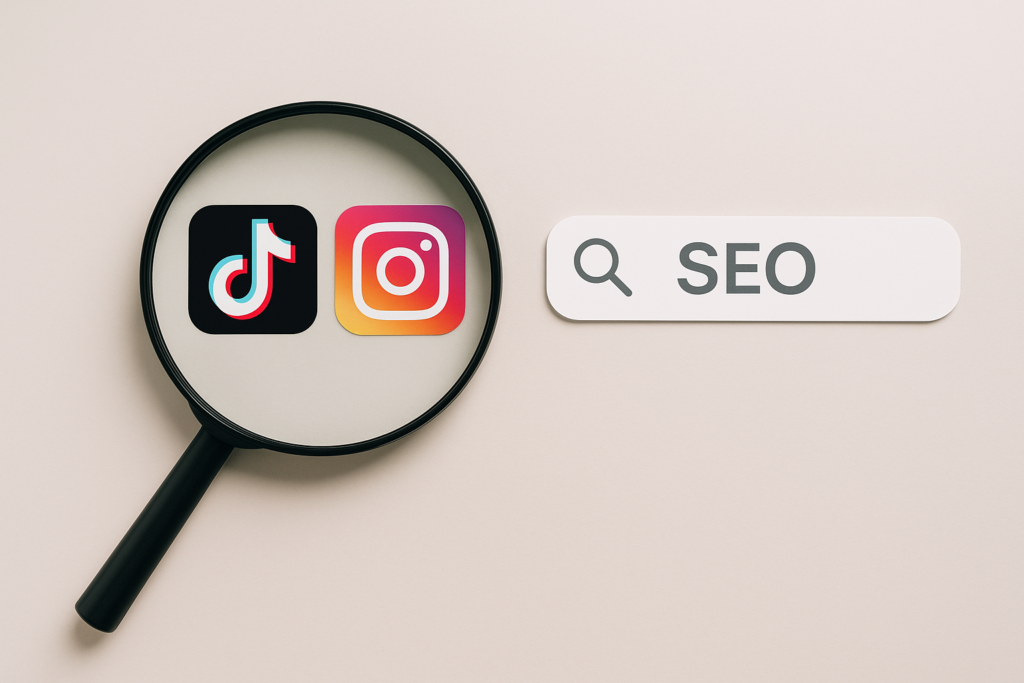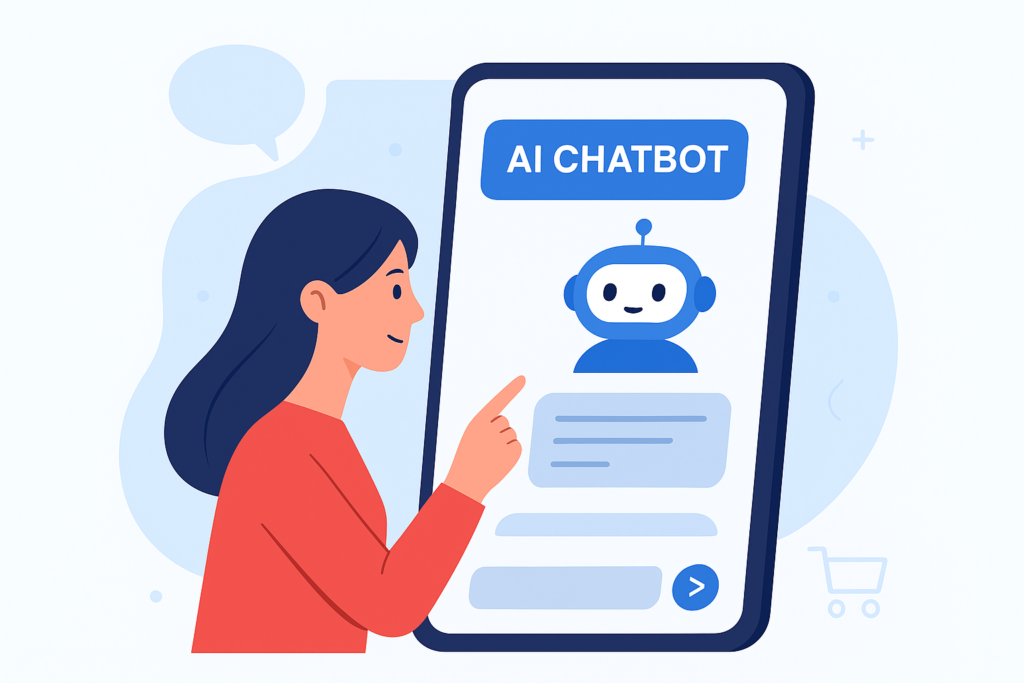AI generative marketing is no longer science fiction in 2025—it’s revolutionary. Businesses apply AI-powered personalization to provide the highest customer experiences, improve engagement, and trigger conversions. While NLP and machine learning are created at breakneck speeds, businesses can design hyper-personalized marketing campaigns that speak directly to target markets.
Why Generative AI is a Game-Changer for Marketing
Consumers these days expect brands to know their preferences and share with them custom content. Such marketing methods of the past don’t function. Generative AI enables marketers to:
- Create Personalized Content at Scale – Tools like ChatGPT and Jasper can create personalized email marketing, product recommendations, and social media promotions based on user behavior.
- Improve Customer Segmentation – Analytics using AI allows for the identification of the exact audience segment and the prediction of consumer demand.
- Boost SEO and Content Marketing – AI can rewrite meta tags, titles, and blog posts with highly ranked, low-competition keywords to drive more organic traffic.
- Paid Advertising Optimization – Google Ads and Facebook Ads use AI to suggest high-performing ad copy and targeting strategies.
- Boost Customer Retention – AI-driven marketing allows for personalized loyalty campaigns, follow-ups, and dynamic recommendations to attract customers.
How Companies Can Capitalize on Generative AI in 2025
1. Personalized Email Campaigns Through AI
Email marketing automation is now improved with AI. With AI, marketers can create dynamic subject lines, personalized greetings, and customized recommendations based on the users’ interactions in real time. This boosts email open rates and conversion rates tremendously.
Moreover, AI software reads customer feedback, optimizes delivery times, and A/B tests different email versions to make the biggest impact. Companies like HubSpot and Mailchimp are using AI to send hyper-relevant email sequences.
2. AI-powered chatbots for Customer Engagement
Sophisticated AI chatbots provide instant answers, help customers with purchasing decisions, and improve retention rates. With the reading of prior conversations, AI personalizes conversations and makes them more natural and human-like, improving customer satisfaction.
The advanced NLP-driven AI chatbots can also solve customer grievances, recommend suitable products, and provide personalized shopping assistance. Companies using AI chatbots enjoy improved response times and reduced support costs.
3. AI Content Management with SEO Optimization
Content marketing remains important, and AI-based platforms allow businesses to publish top-ranking blog posts and website pages. SurferSEO and Clearscope are tools that provide low-competition, high-traffic keywords and search engine-friendly content organization.
Aside from this, AI content writers can write extended blog posts, produce meta descriptions, and offer keyword groups. These recommendations help businesses rank higher in search engine positions and gain more organic traffic.
4. AI for Social Media Marketing
The AI software analyzes engagement patterns to suggest optimal posting times, trending hashtags, and types of posts. TikTok, Instagram, and LinkedIn employ AI to predict viral trends so businesses can be competitive in digital marketing.
AI-driven social media websites like Buffer and Hootsuite track user interactions and generate best-performing posts on their own. AI also enables real-time sentiment analysis, which enables brands to change their messaging accordingly.
5. AI-Driven Video and Image Personalization
Generative AI is not limited to text. Sites like DALL·E and Runway ML allow businesses to create customized images and videos that look like their brand, boosting audience engagement.
Personalized AI-generated videos can enhance advertising campaigns, improve click-through rates, and boost social media activity. Companies that use AI-generated visuals can grow and keep up with consistency in their marketing campaigns.
6. AI-Driven Voice Search Optimization
As voice assistants like Alexa, Siri, and Google Assistant gain popularity, voice search optimization becomes essential. AI can handle voice search queries, optimize content strategies, and optimize website readability for conversational search behavior.
Businesses must be targeting long-tail question-based keywords and maintaining content stream as natural conversations to rank higher for voice search queries.
7. AI-Powered Influencer Marketing
AI helps businesses identify the most relevant influencers by analyzing engagement rates, audience demographics, and content performance. AI-powered influencer marketing ensures brands get to work with influencers who can create conversions.
AspireIQ and Upfluence are merely a couple of examples of software that use AI to pair brands with perfectly targeted macro and micro-influencers in a bid to yield better ROI for influencer partnerships.
Best Practices for AI-Fueled Personalized Marketing
- Use AI to check customer data and predict preferences.
- Use AI-enhanced automation via email, social media, and advertisements.
- Optimize content through SEO using search volume and little competition keywords.
- Use AI-enabled customer journey mapping to personalize touchpoints.
- Infuse a human element into AI-generated content to make it more natural.
- Update AI models regularly so that they are in sync with consumer behavior patterns.
The Future of Artificial Intelligence in Marketing
In the future, artificial intelligence will come even more and will incorporate emotion detection, prediction analysis, and rich personalization. Organizations making AI-based decisions will be positioned to outgrow their competitors on the digital marketing front.
AI capabilities to analyze great volumes of data, automate tedious tasks, and create insights for marketers mean marketers can concentrate more on creativity and strategy, and less on mind-numbing processes. The AI-driven marketing of the future revolves around personalization, efficiency, and innovation.
Case Studies: Real-World Application of AI in Marketing
- Nike applies AI-driven personalization to offer product suggestions based on customer history and preferences, increasing conversions.
- Sephora employs AI-driven chatbots to assist customers with product suggestions, improving customer satisfaction and engagement.
- Netflix applies AI to deliver hyper-personalized content suggestions, improving viewer engagement and watch time.
Marketer’s Key Takeaways
1. Employ AI-driven automation for email, social media, and content marketing efficiency.
2. Optimize SEO using AI tools for best-ranking keywords.
3. Use AI on predictive analytics for customer personalization.
4. Implement AI-driven chatbots for improved customer engagement.
5. Utilize AI in paid media for enhanced targeting and ROI.
Conclusion
Generative AI is revolutionizing personalized marketing in 2025 by enabling businesses with a content edge, consumer interaction, and SEO optimization potential. Brands can enhance user experiences, maximize conversion rates, and attain long-term growth in a highly competitive digital landscape with AI-driven campaigns.





